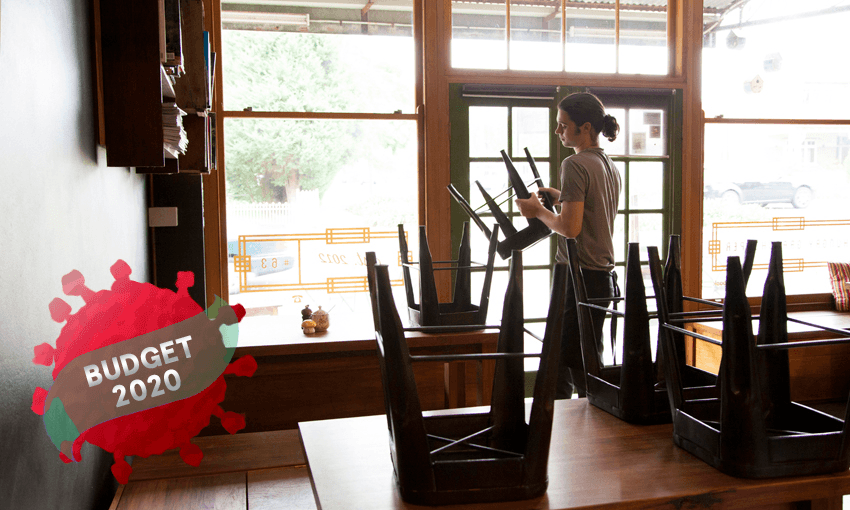Budget 2020: What does this year’s budget mean for one of the hardest-hit sectors post-lockdown? Those in the industry give their initial reactions.
As the country braces for the inevitable Covid-19 economic slump, today the government announced its “once in a generation” $50 billion budget. From that $50bn, $3.2bn has been set aside to extend the 12-week wage subsidy scheme – set to expire in June – for a further eight weeks. Targeted at businesses that have had a revenue decline of at least 50% in the last 30 days from June 10, the extension has been welcomed by those in the hospitality sector – one of the hardest-hit industries during lockdown.
Yael Shochat, owner of Auckland restaurant Ima Cuisine, says it’s good the government has decided on an extenion. “I’m really happy to hear that I have another wage subsidy. I’m not as terrified as I was before, and having three days of zero cases makes me very happy,” she says. “For me, my team is the most important thing and also my biggest asset. If I haven’t got a team, I haven’t got a restaurant.”
The budget’s overriding focus on jobs, Shochat adds, was also a step in the right direction as huge unemployment would be “devastating” for the industry. “Keeping people employed is important because it’s going to [encourage them] to keep going out [and spend money] – people aren’t going to go out if they don’t have a job,” she says.
“But the most important thing is that we’ve had three days of zero new cases. When you can out go out and know it won’t compromise you in any way, you can relax and have a good time. So if people have confidence in spending, confidence that they’ll be OK going out, confidence that they’ll have a job next week, that would be amazing.”
Marisa Bidois, CEO of Restaurant Association of New Zealand, which represents a number of hospitality businesses nationwide, says she was also pleased to see the wage subsidy extended, something which the association had lobbied for. However, Bidois thinks more could’ve been done to help businesses devastated by the lockdown.
“We’d been calling for an eight-week increase to the subsidy so we’re happy with that. [But] we’d also been calling for things like a cash injection for businesses to assist with overheads as well as lease relief,” she says. “We thought maybe they would address it in the budget but unfortunately we didn’t see that.”
But Bidois says there are other areas of the budget where hospitality could possibly benefit, such as the $1.6bn investment into apprenticeships and trades citing the Restaurant Association’s new apprenticeship programme to help the industry recover, as well as the $10m e-commerce transition scheme which she says could allow hospitality firms to access more customers online and pivot to new areas.
“[$10m] is not a lot, but that could potentially be quite good for our industry to be able to tap into that,” she says. “I think Covid-19 has [encouraged] businesses to be more digitally minded so it could be really good for a small business owner to look at how they can access that fund… I see a lot of our members going into the meal kit space, for example, to increase their business capability, which has been quite cool to see.”
The extension of the wage subsidy will bring a temporary sigh of relief to many hospitality firms worried about the path ahead. Today with the start of alert level two, many cafes and restaurants reopened their physical premises to the public, including Shochat’s Ima Cuisine. She says business “wasn’t great” but is hoping things will pick up once schools reopen next week. However, she admits it’ll be a long time before any sort of pre-Covid normalcy resumes.
“My average working day right now has been 15 hours and I’m exhausted. You can’t just bring in people if you’re not sure if you’re going to have anything above the wage subsidy so I have to keep [my workers’] hours low,” she says.
“It’s going to be a really tough winter, and I don’t think we’ll be back to any form of normal until at least the end of September. I can see a light at the end of the tunnel, but it’s going to be really, really hard work.”

